
The Children's Trust School
Our school is a non-maintained special school supporting children and young people aged 2-19 with a wide range of needs including complex education, health, therapy and care requirements.
Finn was diagnosed as having a mitochondrial disease, a chronic, genetic disorder, at seven months old. As Finn starts his third year as a pupil at The Children’s Trust School, mum Debbie shares their story.
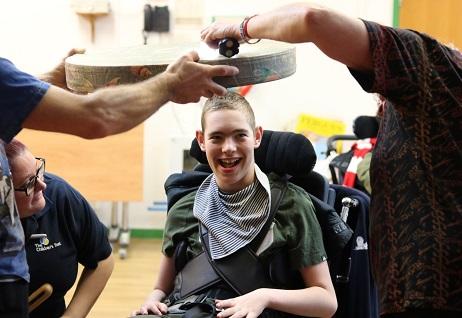
Published: September 2021. Date of brain injury: 2000s (age 7 months old).
I knew something wasn't quite right about a month after Finn was born. I couldn't say what it was, mothers’ instinct I guess, even though he was my first born. After the diagnosis Finn’s doctors advised us that he would probably not make it to his first birthday.
Finn was generally a very smiley happy baby, but we did have episodes of screaming and him not sleeping, which would then lead to some very nasty seizures. As Finn began to grow, so too did his needs. Life was hard and we just had to take it one day at a time.
When Finn was four years old, the family grew as his younger sister Maisie was born. I can’t put into words how special the bond between them is, it’s just amazing!
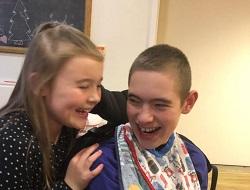
But it became incredibly difficult having to be housebound when Finn was home, and it started to have an affect on Maisie. As Finn got older, he became increasingly unhappy at home. He needed a lot of stimulation, and enjoyed being sociable, but it would take us two hours to get out the house just to go for a walk. And the more he grew the more I just couldn’t manage.
It was then that I was introduced to the short breaks service at The Children’s Trust. Starting respite at The Children’s Trust completely changed our lives! I was able to spend quality time with Maisie and do things most take for granted, because I knew that Finn was being cared for properly.
Finn was able to attend The Children’s Trust in this way for a few years, but when he reached his teenage years, life became pretty unmanageable for us as a family.
Finn was so unhappy and I physically could not meet his needs anymore. Thankfully at this time he was accepted as a full-time residential pupil at The Children’s Trust School. The change in Finn was so overwhelming, it opened up a world I never thought he would have.
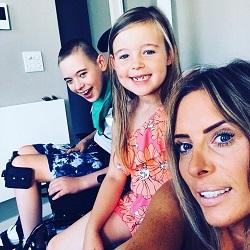
At The Children’s Trust School, Finn has after school clubs, he is able to go swimming as part of his weekly aquatic therapy sessions, and just have the life he should – like any other 15-year-old boy.
Finn loves the on-site pool as the water allows him to experience a freedom of movement that helps improve his physical skills, maintaining a range of movement in his joints and strengthening his muscles. He also really enjoys the sensory environment, with the music and the lights.
Finn usually comes home at weekends, and we are able to visit three or four times a week. Sadly this was not the case during the periods of lockdown last year as I made the decision to not visit The Children’s Trust while government guidelines were in place.
It was heart-breaking not to see Finn, and I struggled with it daily, but I felt it would be completely unfair to risk the health of any of the children and staff onsite. Especially as the team all went to such great measures to keep our children safe.
As restrictions started to ease, I felt comfortable going back onsite – it was wonderful to see Finn again. He is doing really well, enjoying being back in the classroom, and I can’t wait to see what he gets up to this term.
All the staff are so wonderful and I honestly don’t know where we would be today without The Children’s Trust School. They have changed all our lives for the better.
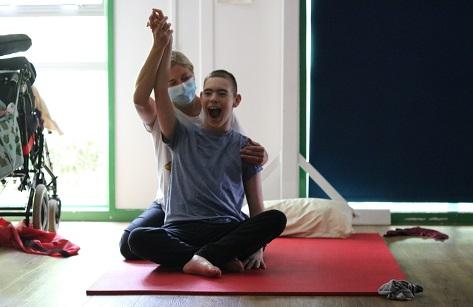

Our school is a non-maintained special school supporting children and young people aged 2-19 with a wide range of needs including complex education, health, therapy and care requirements.
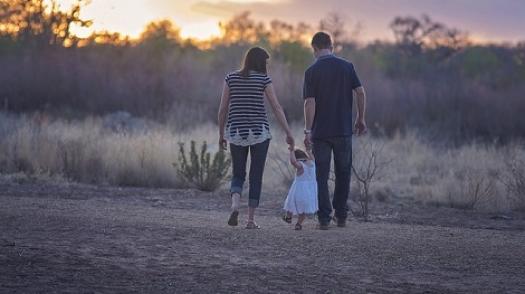
Share your child and family's experience of acquired brain injury.
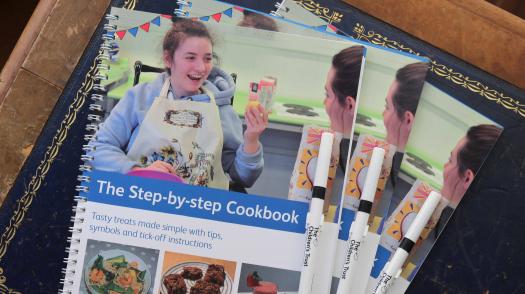
Our series of free books and resources aimed at children and families (P&P costs only).